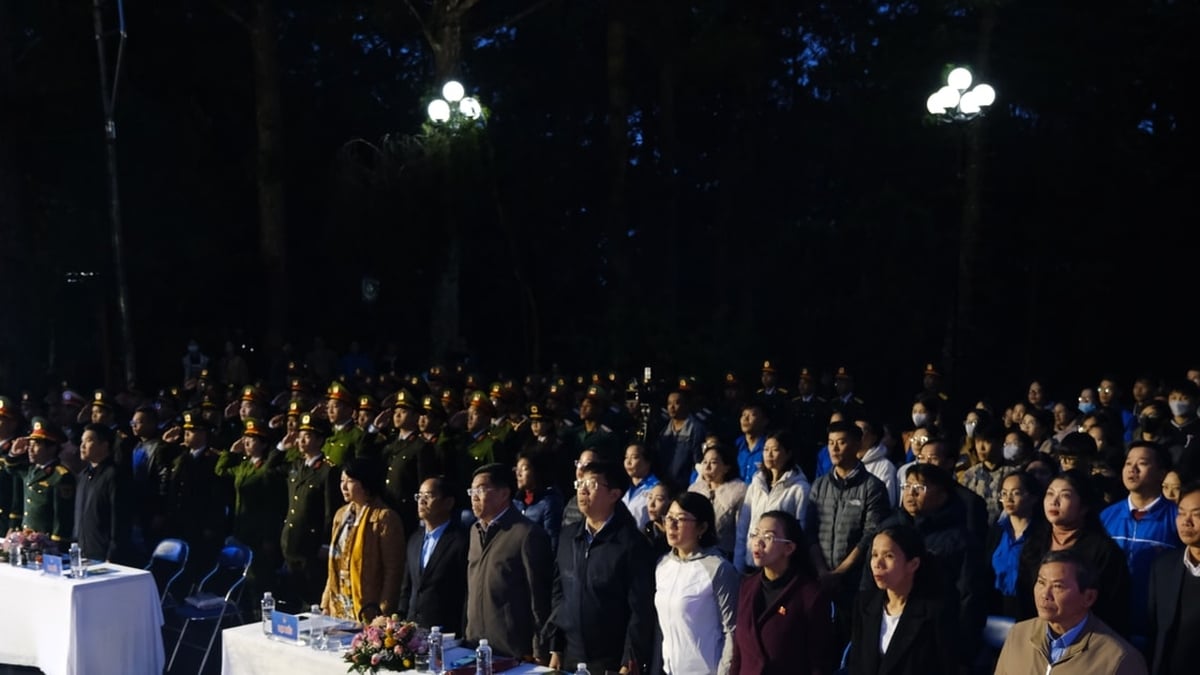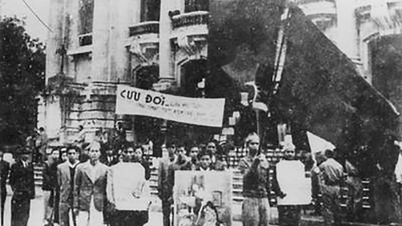On the morning of June 21, the National Assembly voted to pass the Law on Archives (amended), with 457/463 delegates participating in the vote in favor (equal to 93.84% of the total number of National Assembly delegates).

National Assembly deputies voted to pass the Law on Archives (amended).
Accordingly, the Law stipulates that January 3 of each year is Vietnam Archives Day. Archival documents are evidence of the activities of the Party, State, society, agencies, organizations, individuals, families, clans, and communities through the historical periods of Vietnam; archival documents have historical value, legal value, and practical value in all areas of social life; digital archival documents have full legal value as data messages according to the provisions of the law on electronic transactions.
In particular, in Article 8 on “Prohibited acts”, the Law prohibits: illegally transferring, providing, destroying or intentionally damaging, buying, selling, appropriating, or losing archival documents managed by competent agencies of the Party and State; falsifying, distorting the content, or destroying the integrity of archival documents and master data of archival documents; illegally accessing, copying, or sharing archival documents and archival document databases; illegally destroying private archival documents of special value.
The Law also prohibits the use of archival documents or the exploitation of archival services to infringe upon national and ethnic interests, public interests, and the legitimate rights and interests of agencies, organizations, individuals, families, clans, and communities; obstructing the right to access and legally use archival documents of agencies, organizations, and individuals; taking archival documents abroad, out of current archives, or historical archives in violation of the law.
Previously, in the report explaining, accepting and revising the draft Law on Archives (amended), Chairman of the National Assembly's Law Committee Hoang Thanh Tung said that there were opinions suggesting considering not regulating archival service activities as conditional investment and business sectors, because these activities do not affect the interests of the community.

Regarding this issue, the Standing Committee of the National Assembly believes that archival services are specialized and professional activities, related to archival documents with permanent preservation value, which are historical documents of the country, containing a lot of important information about the activities of agencies, organizations and individuals, including information whose access can affect national security, social order and safety, so it needs to be strictly managed.
Furthermore, this is not a new regulation but inherits the 2011 Law on Archives, which stipulates that organizations and individuals providing archive services must meet certain conditions, which are essentially investment and business conditions. Therefore, it is appropriate to stipulate that archive services are a conditional investment and business sector.
In addition, there are opinions suggesting that the criteria for archival documents of special value should not be specified in the draft Law (Article 38) but should be specified in sub-law documents so that they can be flexibly adjusted when necessary.
The Law on Archives (amended) takes effect from July 1, 2025.
Source




































































![[Photo] National Assembly Chairman Tran Thanh Man receives Chairman of Morocco-Vietnam Friendship Association](https://vphoto.vietnam.vn/thumb/402x226/vietnam/resource/IMAGE/2025/7/26/b5fb486562044db9a5e95efb6dc6a263)

































Comment (0)